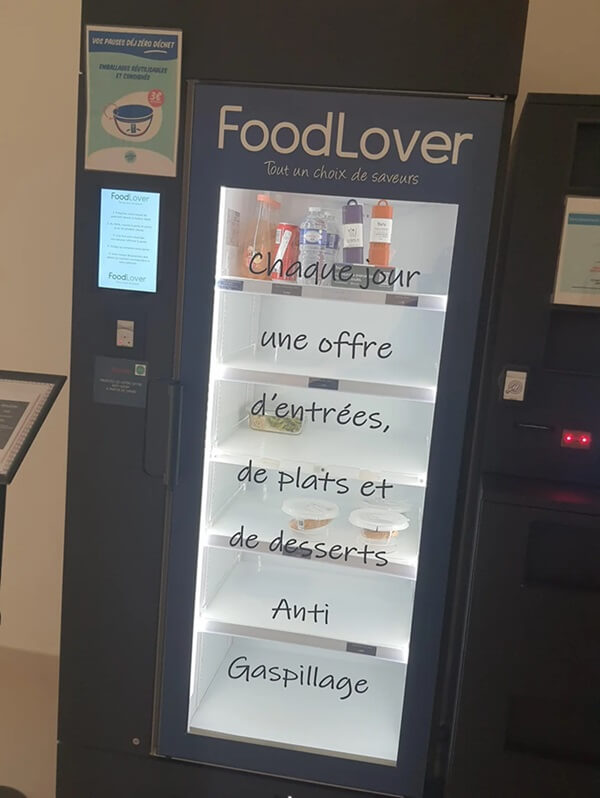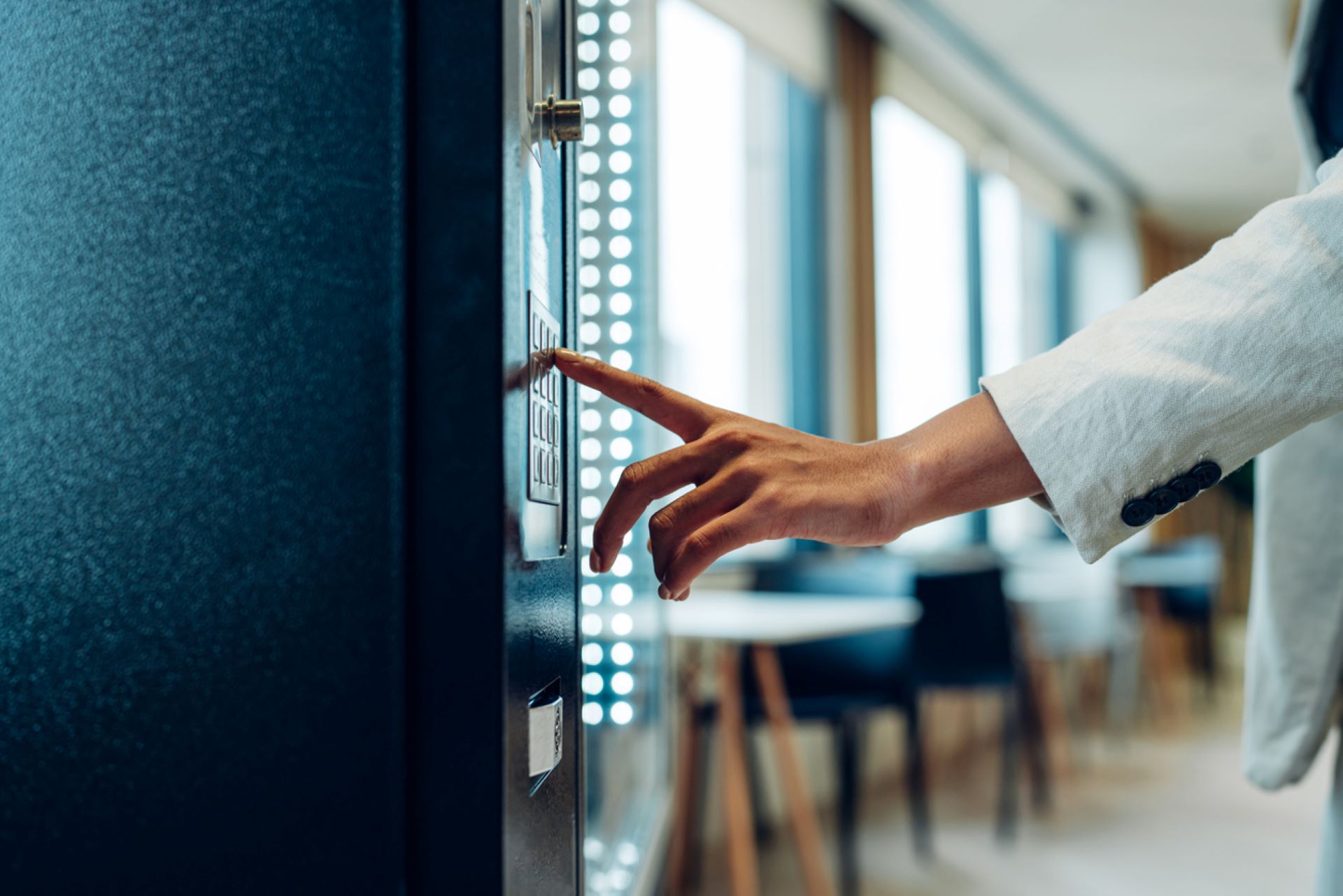An employee calls out a company that may or may not have had its heart in the right place but failed miserably in executing a cafeteria program to reduce waste.
What's happening?
The Redditor, who appears to work in a French-speaking European country, shared a photo of a refrigerated machine selling leftovers from the company cafeteria at a steep cost.

"Insane prices while pretending to save the planet," they vented in the subreddit r/mildlyinfuriating. "At the end of the day, they sell a few items for prices no one is willing to pay while throwing away most of the food."
As an example, they shared that the price of just one eclair after an employee discount was €2.10 (around $2.30).
According to the original poster, the fridge is also typically sparsely stocked, raising questions about what the company does on days with a lot of uneaten food.
"Basically gas station prices, just ridiculous," a commenter wrote. "No wonder no one buys there."
Why is this important?
Without more information, it's difficult to say precisely how much food the cafeteria throws out every day — or whether the company has a donation program that safely sends the bulk of the uneaten food to other organizations to distribute.
However, it seems reasonable to assume that the unsold food in the "no waste" refrigerator is likely ending up in the bin before being sent to landfills, where it will release methane, a potent planet-warming gas that contributes to rising global temperatures.
Even though around one-third of food globally goes to waste, billions of people struggle to get enough nutrition.
Multiple factors contribute to hunger worldwide, but experts believe the problem could worsen as extreme weather events—like crop-destroying droughts—become more common and severe due to a warming planet. (It should be noted that more climate-resilient crops appear to be on the way.)
The original poster also pointed out that the refrigerator used a lot of energy, as it was left on 24/7. If the fridge pulls power from a dirty grid, pollution is needlessly generated.
Another commenter highlighted how the undesirable items are packaged in plastic, which is typically made from polluting fuels like motor oil and gasoline. A plastic-free, compostable container would be much better for the planet.
🗣️ What's your biggest motivation in trying to reduce your personal food waste?
🔘 Saving money 💰
🔘 Helping the planet 🌎
🔘 Not being a wasteful person 😇
🔘 I don't think about reducing food waste 🤷
🗳️ Click your choice to see results and speak your mind
Why would the company do this?
It may have been an honest attempt to make a positive difference, but the original poster suggested that greenwashing could be the reason.
"It's as if they just put that machine there to write about it in their corporate magazine and then said: cool, extra green points for us now let's do business as usual…" the OP wrote in a comment.
It's also worth wondering whether the employees would happily consume the refrigerated items if they were free. While various rules exist surrounding food safety, the fact that the leftovers are being sold suggests they are still OK to eat.
Some grocery stores have even given away food products that would have otherwise gone bad. After a Kroger in Arkansas lost power, a food bank was able to claim the food and provide more than 60,000 meals. Elsewhere, a Trader Joe's gave customers thousands of dollars worth of food after a similar situation.
What can be done about food waste more broadly?
Companies are emerging to combat food waste, and the good news is that their programs help put money back into our wallets.
For example, the Flashfood app helps consumers buy groceries at up to a 50% discount by partnering with retailers that need to sell certain items. Misfits Market and Martie are other initiatives that help consumers save money and combat food waste.
Join our free newsletter for cool news and actionable info that makes it easy to help yourself while helping the planet.









